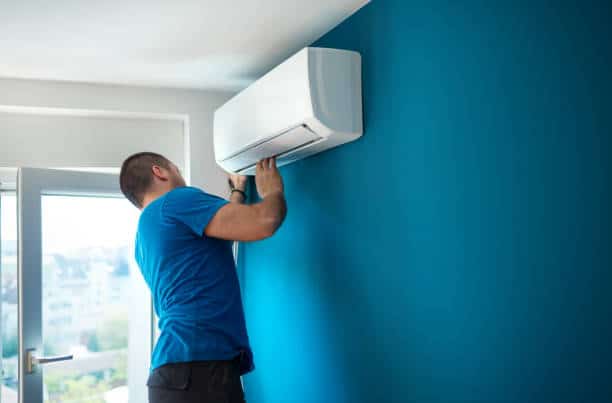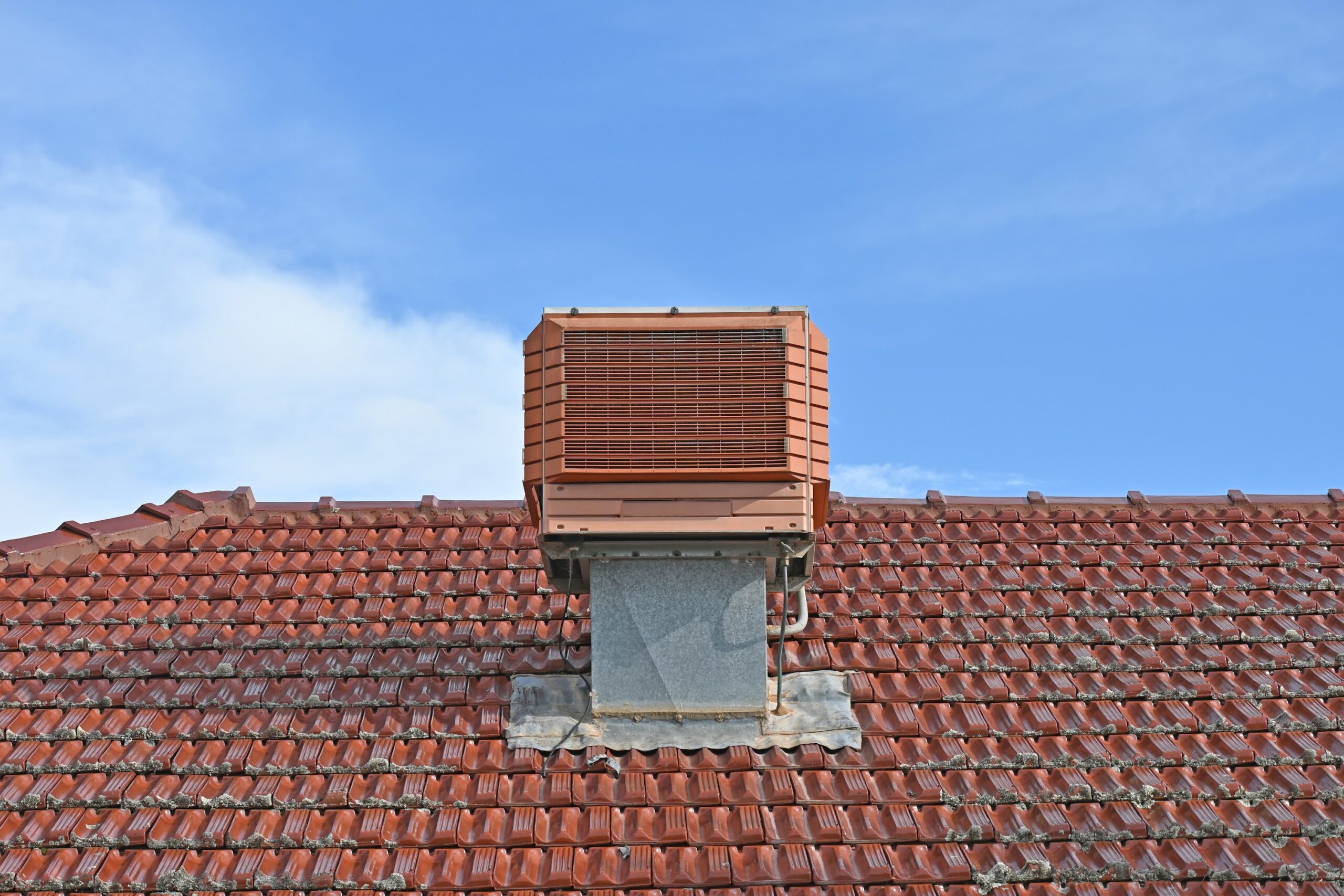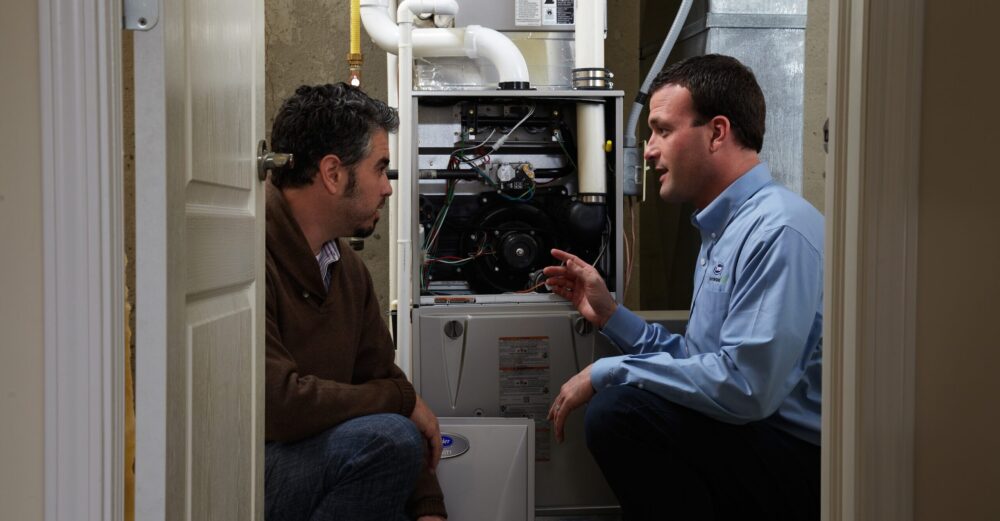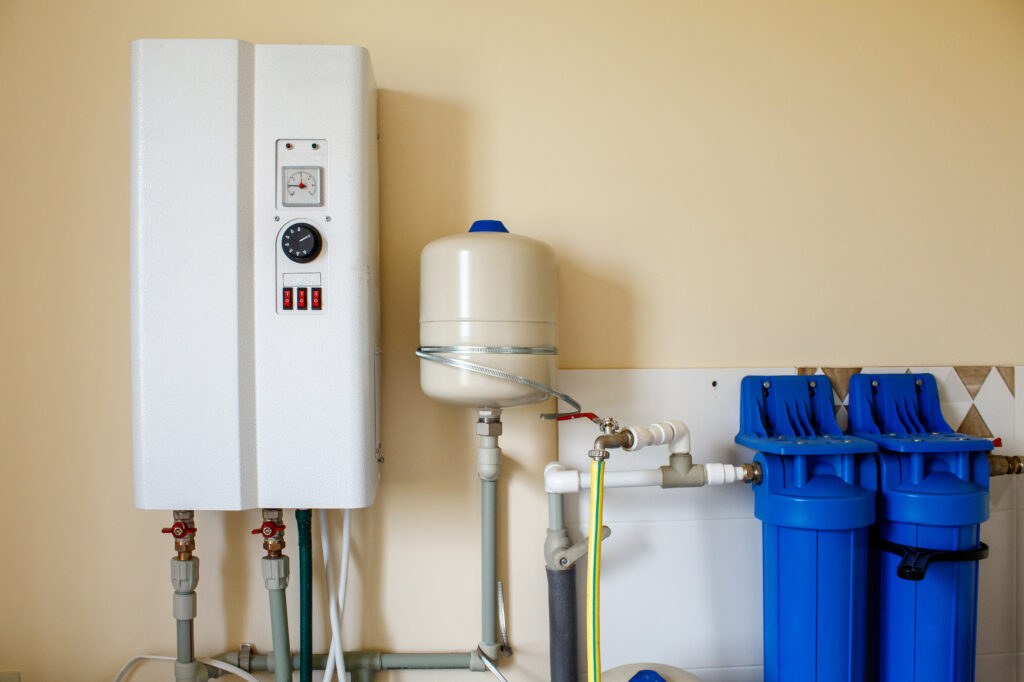Have you ever wondered why your HVAC system reduces its efficiency during extreme weather conditions? It could be due to several reasons, and one of them is the lack of proper seasonal preparation for your HVAC system. Your heating and cooling system plays a vital role in keeping your home comfortable.
However, if you don’t understand how it functions in order to give it the proper maintenance it needs, it can get faulty during extreme temperatures and increase your energy costs. This can really be frustrating for every homeowners, especially if it’s a new HVAC system.
If you want to improve your HVAC system’s energy efficiency and keep it working even during the scorching heat of summer or the biting cold of winter, then this article is tailored just for you. Keep reading, as we will delve into the basics of HVAC systems and show you how to prepare your HVAC system for seasonal changes.
Let’s begin!
Key Highlights
- Understanding the basics of your HVAC system and its components is vital if you want it to function properly during extreme weather conditions.
- Make sure you replace your air filters and clean your coils to prevent your system from breaking down when you need it the most.
- Don’t forget to schedule professional HVAC check-ups to improve the lifespan of your system.
Understanding Your HVAC System
If you want to get your HVAC system ready for the hot or cold seasons then, you need to understand some of its components and functions. Let’s start by explaining what a HVAC system is.
Your HVAC system simply stands for heating, ventilation, and air conditioning. It’s responsible for regulating the temperature, humidity levels, and air quality in your home. It also has some key components that help it keep your home comfortable with fresh air and some of them include your heat exchanger, heat pump, air handler, and ductwork.
Now let’s explain their roles in simple terms: your heat pump can function as both a heating system and an air conditioner. It uses your heat exchangers to transfer heat into or out of your home. Then your air handler circulates this conditioned air and transfers it to your duct, which distributes it throughout your home. These components play a crucial role in improving your indoor temperature during seasonal changes, using hot air and cool air to attain a desired temperature through mechanical ventilation. That is why you need to maintain them regularly to keep them working efficiently for a long time.
How HVAC Systems Work Across Seasons
Do you know the type of HVAC system in your home? You need to find out the HVAC system you’re using as different systems come with their unique way of operating across seasons. Here’s an overview to help you understand better:
- Split HVAC system: If you’re using a split system, then you may have noticed that it has an indoor and outdoor unit. During the cool seasons, your indoor unit’s evaporator coil absorbs heat from indoor air, while your outdoor unit’s condenser coil releases heat outside. When the weather gets extremely hot, the process is reversed using a reversing valve. Your outdoor unit now acts as an evaporator while your indoor unit functions as a condenser.
- Heat pump HVAC system: Your heat pump HVAC system can help you keep your home warm or cold, depending on your needs. During the cold weather, your system extracts heat from the outside air, even when it’s cold, and transfers it inside to warm your home. However, this process is reversed during the hot seasons. Your system takes in heat from your indoor air and releases it outside to keep your home cooler.
- Ductless mini-split HVAC system: If your HVAC system doesn’t have a ductwork, then it’s possible that you’re using a ductless mini-split HVAC system. It has an outdoor unit with one or more indoor units. During summer, it absorbs heat from your home and pumps it outside, just like regular AC units. But in the winter, it flips the process by taking heat from the outdoor air (even cold air) and releases warm air inside your home
Essential Pre-Season Maintenance Tasks
Your HVAC system deserves maximum care to keep your home comfortable during seasonal changes. That is why you need a pre-season maintenance check up for a higher efficiency all year round. Here are some things you can do:
- Replace your air filters: Your air filters can trap dust, pollen, mold, and other particles over time. This can get them clogged and restrict the indoor air quality in your home while increasing your energy consumption. That’s not all. It could cause your entire system to break down if you don’t get them cleaned or replaced when necessary. However, you can avoid all these by checking your filters monthly, cleaning your air duct, and replacing your filters every three months to keep them in good shape.
- Clean your coils: Dust and debris are enemies of your HVAC system’s coils. They can reduce your system’s heat transfer and airflow, which decreases your HVAC’s efficiency. So try to clean your coils at least once a year or as needed to remove dust and debris buildup.
- Scheduling professional HVAC check-ups: It’s wise to call an HVAC expert to inspect, clean, and adjust your system to keep it operational during seasonal changes. They can also help you identify potential issues before they become major problems. So, try to schedule routine check-ups at least once a year to prepare your HVAC system before the heating and cooling seasons.
Preparing for the Heating Season

Summer seasons can get extremely hot and you’ll need your HVAC system to cool your home during this season. However, you’ll need to prepare your HVAC system for the hot season if you want it to work efficiently. Here are some things you can do:
- Clean around your outdoor units: Make sure you remove any debris around your outdoor units to prevent overheating and improve your indoor air quality.
- Adjust your thermostat settings: Try to adjust your thermostat settings by increasing the temperature when you’re away and reducing it when you’re at home to decrease your energy consumption and improve your cooling needs.
Preparing for the Cooling Season
If you want to enjoy the warm air from your HVAC system during winter, then here are some things you can do to prepare your system for the cold weather.
- Inspect heating elements and ignition system: Don’t forget to check for wear or damage on your heating elements and ignition system. If you notice any damage, call an HVAC expert immediately to fix it so that your system can perform efficiently during winter
- Improve insulation: You can also improve your insulation by sealing your windows and doors to retain warm air and reduce heating costs.
When to Call an HVAC Expert
If your HVAC system makes unusual noises, frequently fails, suddenly increases your energy bills, or you notice some refrigerant leaks, then you need to call an HVAC expert immediately. They have the right HVAC equipment to help you conduct routine maintenance checks and fix any issue on your HVAC system to keep it working efficiently in extreme weather conditions.
If you’re in Arizona, United states, and need an HVAC expert nearby, then Morehart AC is here to help. We can help with your HVAC installation, schedule routine maintenance for your HVAC units and fix potential issues to keep them operational all year round. We offer only quality services at affordable rates. Reach out to us now to prepare your HVAC system for the summer or winter seasons.





